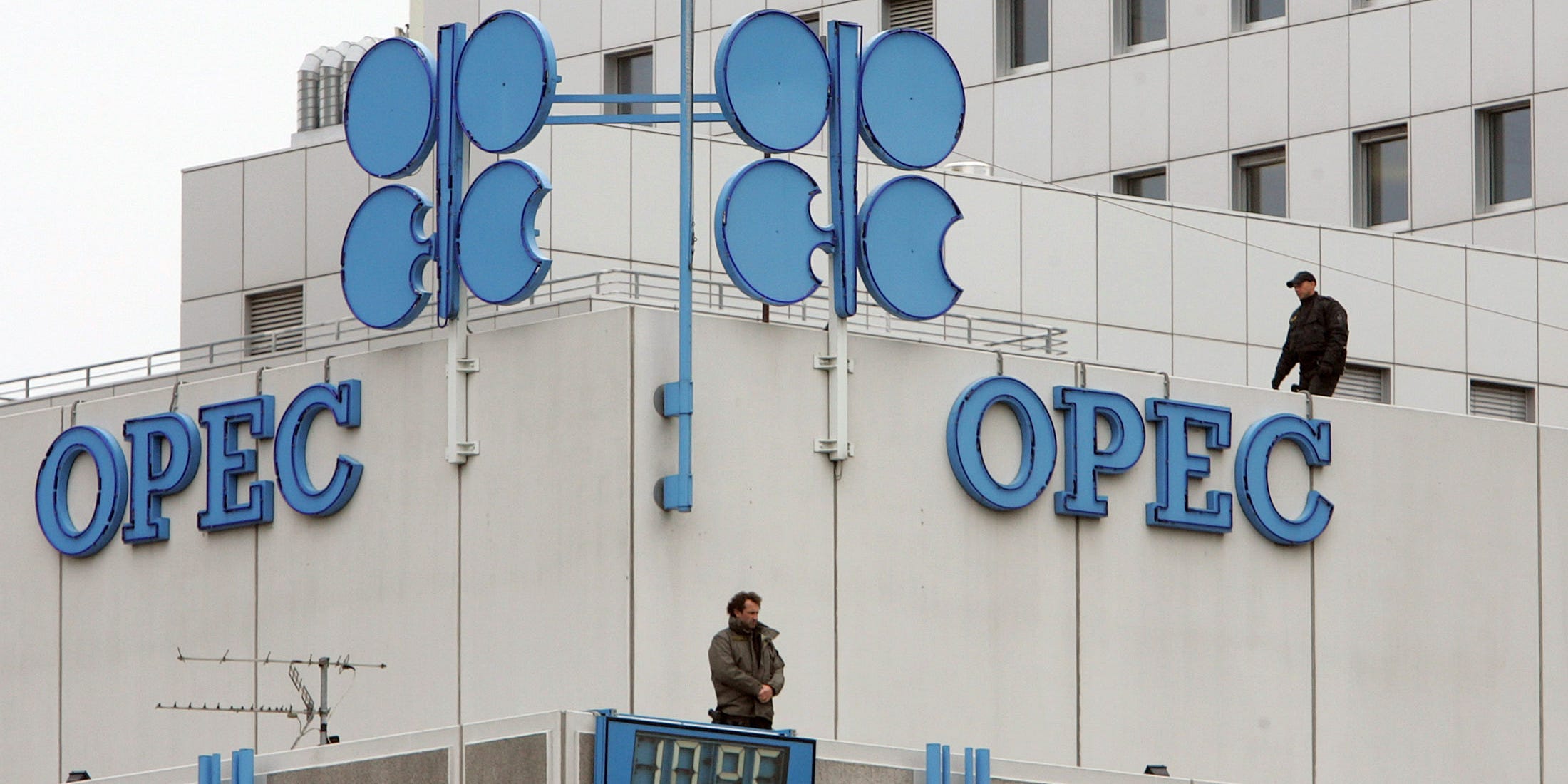- The Organization of Petroleum Exporting Countries and its allies urged “full conformity” with oil production cuts at its online meeting held on Thursday.
- In a separate news conference, Saudi Arabia’s energy minister warned that those traders who wish to short the oil market would be hurt “like hell.”
- Saudi’s Prince Abdulaziz said OPEC+ could hold an extraordinary meeting in October if oil demand worsens.
- “With the formerly noncompliant countries likely reducing their production and current prices being too low to support growth in the US, oil supply is likely to stay under control,” a commodity analyst at UBS said.
- Visit Business Insider’s homepage for more stories.
OPEC+ emphasized on sustaining “full conformity” with oil production cuts at its Thursday meeting, which was held to review compliance targets.
On the same day, Saudi Arabia’s energy minister warned traders against heavily betting in the oil market, promising that those who gamble on prices will be hurt “like hell.”
“Anyone who thinks they will get a word from me on what we will do next, is absolutely living in a La La Land… I’m going to make sure whoever gambles on this market will be ouching like hell,” OPEC’s most influential minister, Prince Abdulaziz, said at a news conference, when he was asked about the organization’s next steps.
He said that the OPEC+ could hold an uncustomary meeting in October if oil demand worsens and COVID-19 cases increase substantially.
The world’s largest crude exporters discussed continued flexibility on production cuts and made no changes to the current output reduction of 7.7 million barrels per day until December, or around 8% of global demand.
Analysts had not expected any additional output cuts at Thursday’s meeting.
The Joint Ministerial Monitoring Committee “observed that the recovery has not been even across the world and an increase in COVID-19 cases has appeared in some countries,” an OPEC statement read. “In the current environment, the JMMC emphasized the importance of being pro-active and pre-emptive and recommended that participating countries should be willing to take further necessary measures when needed.”
Oil prices have risen about 11% in the last week following a drawdown in US crude and gasoline inventories, and as Hurricane Sally forced one-fifth of US offshore production to shut.
International benchmark Brent crude rose 0.5%, to $43, and US benchmark West Texas Intermediate rose 0.6%, to $41, on Friday.
“With the formerly noncompliant countries likely reducing their production and current prices being too low to support growth in the US, oil supply is likely to stay under control,” said Giovanni Staunovo, a commodity analyst at UBS.
“Should oil demand continue to recover gradually as we expect, the oil market is likely to stay undersupplied,” he said.
UBS predicts the price of Brent to rise to $45 per barrel in the fourth-quarter this year, and hit $55 per barrel by mid-2021.













